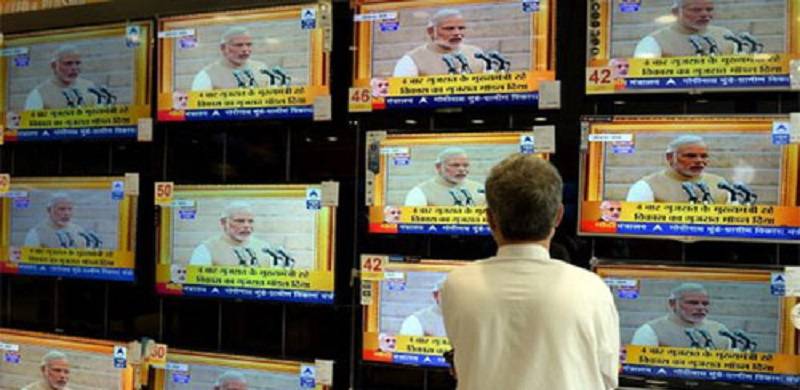
Today most of the Indian media seems to have lost the respect of the Indian people, and has become a sycophantic spokesperson for the ruling party. Instead of being the fourth estate, it has largely become part of the first estate, as stated by the eminent journalist and winner of the Magsaysay award, Ravish Kumar.
This is also evidenced in the ongoing farmers agitation, when most of our media are toeing the government line.
But what should be the correct role of the media? This was explained by Mr Justice Hugo Black of the US Supreme Court in New York Times vs US, 1971 (the Pentagon Papers case ) in these stirring words:
"In the First Amendment the Founding Fathers gave the free press the protection it must have to fulfill its essential role in our democracy. The press was to serve the governed, not the governors. The Government's power to censor the press was abolished so that the press would remain forever free to censure the Government. The press was protected so that it could bare the secrets of government and inform the people. Only a free and unrestrained press can effectively expose deception in government. And paramount among the responsibilities of a free press is the duty to prevent any part of the government from deceiving the people and sending them off to distant lands to die of foreign fevers and foreign shot and shell. In my view, far from deserving condemnation for their courageous reporting, the New York Times, the Washington Post, and other newspapers should be commended for serving the purpose that the Founding Fathers saw so clearly. In revealing the workings of government that led to the Vietnam war, the newspapers nobly did precisely that which the Founders hoped and trusted they would do."
Historically, the media arose in England and France in the 17th and 18th centuries as an organ of the people against feudal oppression. At that time all the organs of power were in the hands of the feudal authorities (kings, aristocrats, etc). Hence the people had to create new organs which would represent their interests, and the media (apart from Parliament), was one of these new organs. In Europe and America it represented the voice of the future, in contrast to the old, feudal organs which wanted to preserve the status quo.
Great writers like Voltaire, Rousseau, Thomas Paine, etc used the media (which was then only print media, and that too, not in the form of regular newspapers but often as pamphlets, leaflets, etc) to combat feudalism, religious bigotry, superstitions, etc. Thus the media was of great help in transforming European society from the feudal to the modern age.
India's national aim must be to transform itself from an underdeveloped to a highly developed and highly industrialised country, otherwise we will remain condemned to massive poverty, record unemployment, appalling levels of child malnourishment, almost total lack of proper healthcare and the lack of a good education for the masses, etc.
Our media must play an important role in this historical transformation, as the European media did. But for that it must stop behaving like sycophants, and must serve the governed, not the governors (as Justice Black said in his judgment). It must attack feudal forces like casteism and communalism, condemn religious bigotry and attempts to polarise our society, and promote scientific ideas, social harmony and unity of our people. It should stop diverting attention from the real issues before our people, which are economic, by focusing on relative non-issues like the lives of film stars (e.g. the suicide of Sushant Singh Rajput and allegations of Kangana Ranaut, Kareena Kapoor's second pregnancy, etc ), cricket (which is one of the opiums of the Indian masses), petty politics, astrology, etc. and instead focus on the real issues.
One can only hope that the Indian media will get over its present sorry plight, and emerge as a champion of the Indian people, instead of being, to use Donald Trump's words "an enemy of the people." Only then will it earn the people's respect.
